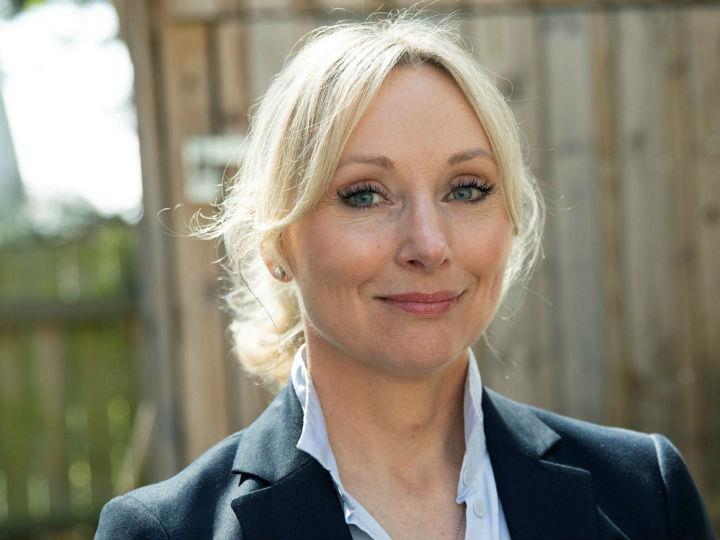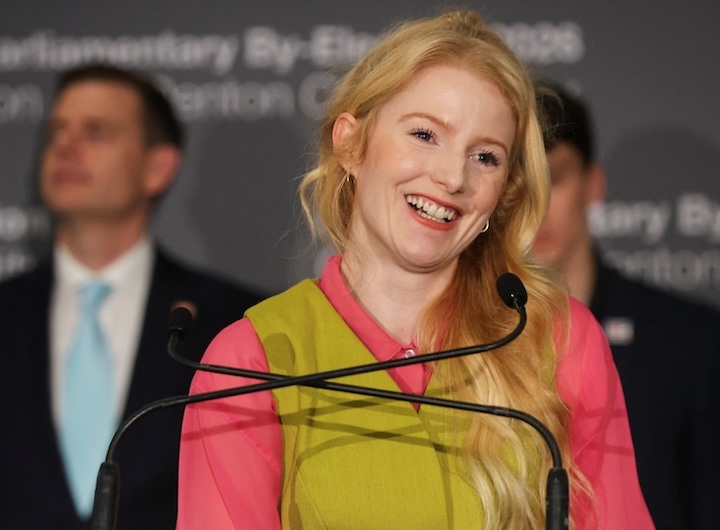by Jessica Stegrud*
As an MEP from Sweden, I am expected to support any and all environmental and climate measures. After all, Sweden is the home country of Greta Thunberg.
However, and with all due respect to Greta, who I genuinely believe is a very intelligent child, I cannot support the European Green Deal because it is wasteful, only marginally impacts global greenhouse gas emissions and is based on the assumption that other countries will imitate our policies.
One must consider what the aim of all proposed public expenditure is and whether it is clear enough to ensure that resources are not wasted.
The European Green Deal is promoted as a means to save our planet, but many measures have little to do with the health of the planet, for example, the ambitions to create new jobs, accomplish gender equality and identify new food products based on algae.
The €1 trillion Euro Green Deal is expensive even by EU standards and so requires closer scrutiny and a greater degree of caution when compared to run-of-the-mill climate and environmental projects.
Independent impact assessments and thorough evaluations of expenditure should be welcomed by proponents.
While I agree with the claim of environmentalists that no one can put a price on our planet, it is our duty as elected officials to consider the impact of the Green Deal in isolation. Will global emissions be reduced? What impact on the climate will this have?
If the Green Deal could single-handedly ensure that no climate change would take place this century, I would support it – even with the hefty price tag. This, however, is not the case.
Approximately eight percent of global greenhouse gas emissions stem from the European Union.
Even if unilateral EU climate neutrality was be achieved on schedule, the effect on global temperatures would be marginal, due in no small part to the exploding energy and hunger of Asia’s economies. Which brings us to my final point: The European Green Deal builds on the assumption that other countries will follow suit.
Environmentalists may even concede that Europe on its own cannot substantially alter climate trends, yet they will insist that other countries will follow our lead.
This assumption relies an outdated Eurocentric worldview in which less-developed countries automatically mimic the actions of enlightened Europeans without considering their own interests. Rather than blindly following, other countries will watch and evaluate Europe’s leap of faith.
If the Green Deal fails to deliver the promised growth, jobs and competitiveness, our global competitors will snap up the business that we have forced to leave Europe.
In response to these concerns, plans for a so-called “carbon border tax” have been drawn up.
Developing countries are expected to accept these protectionist measures or risk losing access to the EU single market.
However, other trading partners would undoubtedly retaliate, arguing that in reality an EU “carbon border tax” constitutes a unilateral trade barrier.
It is also a fact that countries that manage to rise from poverty will increasingly shift focus towards climate protection.
Therefore, it would be counterproductive to establish trade barriers, since we know that the most efficient way to create economic growth is to support free trade.
*member of Parliament’s Industry, Research and Energy committee
**first published in: The Parliament Magazine




 By: N. Peter Kramer
By: N. Peter Kramer
